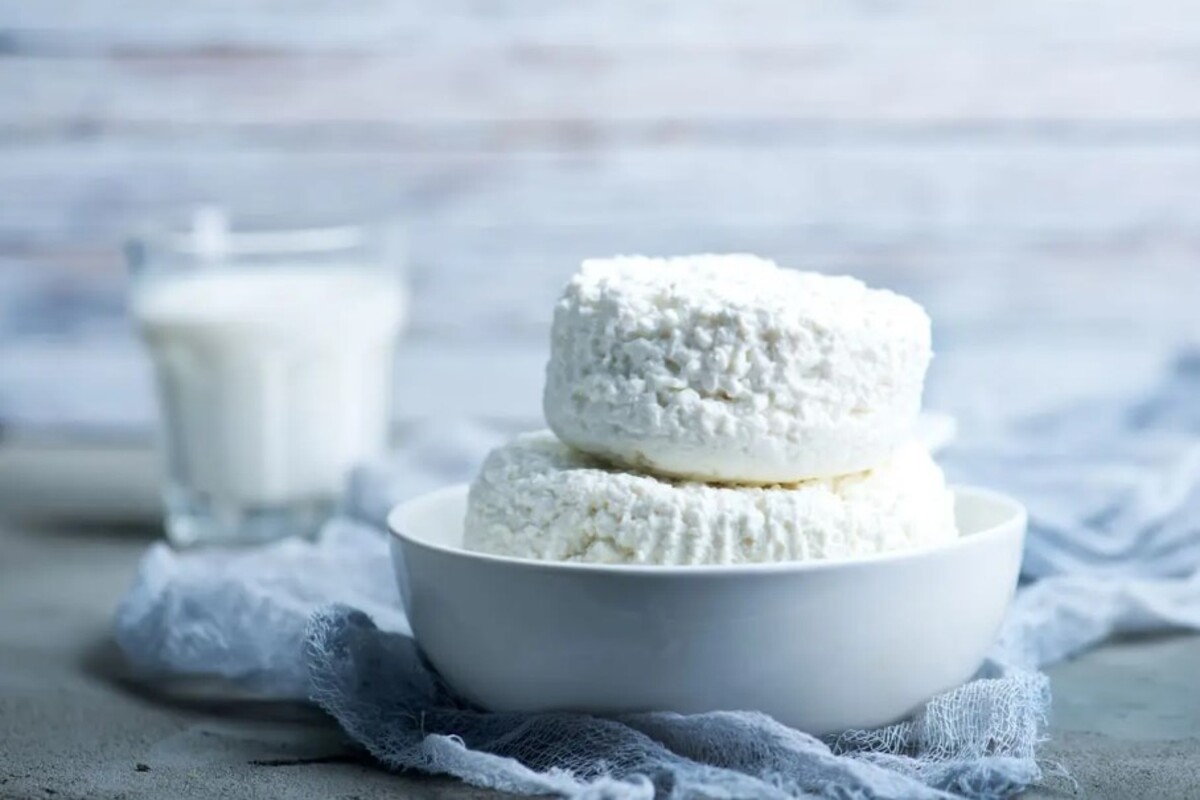Food
Cottage cheese in pregnancy, yes or no? Green light, as long as you pay attention to some details

Can i eat ricotta cheese when pregnant? Basically, yes. In order not to take risks, however, it is necessary to have some precautions.
Can ricotta be eaten during pregnancy ? Of course, as long as you have some precautions when purchasing the product. Otherwise, in fact, both the mother and the baby could have some rather serious problems. Let's see what you need to pay attention to and what you risk.
Ricotta in pregnancy: allowed or prohibited?
Ricotta in pregnancy yes or cottage cheese in pregnancy no? This is one of the most popular questions among pregnant women. There are several foods that pregnant women cannot eat because they could cause problems for both future mothers and the newborn. Therefore, when you discover that you are pregnant it is good to know the list of foods that must absolutely be banned from the table. Returning to Bomba, only pasteurized milk ricotta is allowed. Try to opt for an Italian product, coming from a controlled supply chain, and avoid the artisan one if you are not sure of the hygienic and storage conditions of the company.
It should be emphasized that ricotta is a dairy product obtained from the second boiling of the whey, which is why it is not a prohibited food during the nine months of gestation. Just remember to choose a product made from pasteurized milk because otherwise there could be serious risks of bacterial contamination .
View this post on Instagram
Cottage cheese in pregnancy and toxoplasmosis: the risks
Sheep ricotta in pregnancy, as well as that of cow's milk, must be produced with the method of boiling whey. This, it is worth reiterating, means that only pasteurized milk is used. Conservation is also very important, which must take place under certain conditions. When the serum is not what is required and poor hygiene is present, bacterial contamination is encountered, which could lead to nasty infections, such as toxoplasmosis and listeriosis . These two diseases, if taken during gestation, can cause various problems, such as: premature birth, abortion and malformations of the fetus.
In conclusion, green light for ricotta in pregnancy, as long as it is made with pasteurized milk and belonging to a controlled supply chain . Last recommendation: prefer cow's milk ricotta to sheep's, especially if you consume it often, because it is lighter and more digestible.
Riproduzione riservata © - WT











